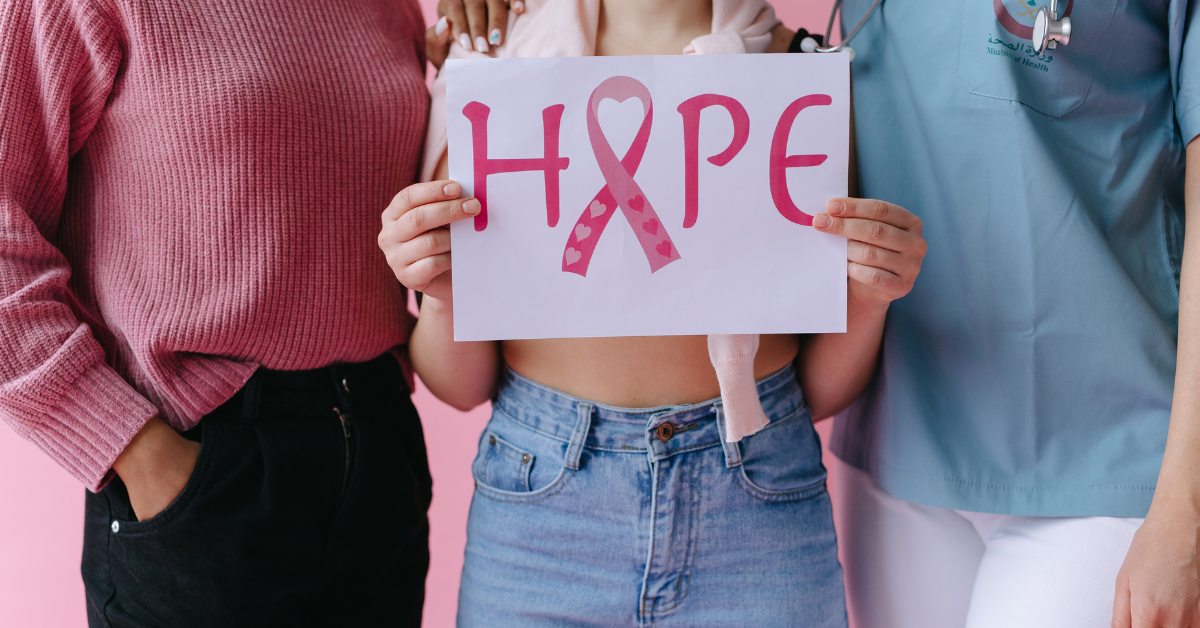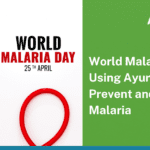For many women, the journey with ovarian cancer starts in silence, with insidious signs like persistent bloating, abdominal pain, or persistent urination being dismissed or misunderstood. When the truth is finally out, the diagnosis feels overwhelming and isolating. But you are not alone. Behind you stands a global community that recognises your strength and walks with hope and compassion alongside you.
World Ovarian Cancer Day, observed annually on May 8th, serves as a global platform to raise awareness about ovarian cancer, the deadliest gynecological cancer and the seventh leading cause of cancer-related deaths among women worldwide. The 2025 slogan, “No Woman Left Behind,” emphasises equitable access to early detection and treatment for all women, regardless of geography or culture.
This day underscores the importance of education on symptoms and risk factors for early diagnosis and improved outcomes. It also highlights strategies for the prevention of ovarian cancer. It answers key public concerns such as how to prevent ovarian cancer and how to avoid ovarian cancer through awareness, timely medical consultation, and healthy lifestyle choices.
This blog explores the role of prevention strategies and the potential of complementary systems like Ayurveda to support conventional cancer care. Understanding the early signs and adopting a proactive approach to health can make a life-saving difference.

Conventional Strategies for Preventing Ovarian Cancer
Prevention of ovarian cancer usually aims at limiting the known risk factors (early menarche, late menopause, Hormone Replacement Therapy) and setting up early detection. Conventional medicine offers several methods:
- Oral Contraceptives: Long-term use has been shown to lower the risk of ovarian cancer significantly by 20% for every five years of use.
- Surgery: Preventive Salpingo-Oophorectomy (RRSO) is recommended for high hereditary risk women, reducing ovarian cancer risk by up to 90%. Opportunistic Salpingectomy removes fallopian tubes during pelvic surgery, potentially reducing cancer risk without causing menopause.
- Genetic Counselling and Testing: In those with a family history of ovarian cancer, genetic testing and counselling are crucial to identify high-risk women and arrange tailored prevention strategies.
- Social Education: Women must be taught about the numerous indicative and slow-developing symptoms of ovarian cancer, increasing the chance of early diagnosis and prompt treatment.
- Lifestyle: Maintaining a healthy weight, exercising regularly, and eating home-cooked, unprocessed food reduces the overall risk of cancer.
- Breastfeeding and Parity: Having children and breastfeeding may also help reduce ovarian cancer risk.
The combination of these strategies stresses the importance of medical interventions, genetic comprehension, and informed lifestyle decisions in the prevention of ovarian cancer.
The Ayurveda Perspective on Ovarian Cancer Prevention
- Diet and lifestyle modifications: Ayurveda suggests a balanced diet full of antioxidants and anti-inflammatory substances to reduce the risk of developing cancer. Lifestyle changes such as physical activity and stress relief are chief factors. The ultimate preventive aspect of this approach is to avoid Agni Dushti and the formation of Ama, and hence to keep up with a healthy environment in the body. Among the food considerations are spices of definite significance for cancer prevention, namely, Turmeric (Curcuma longa), Ginger (Zingiber officinale), Garlic (Allium sativum), and Black cumin (Nigella sativa). Also, Bitter Melon (Momordica charantia) is traditionally accepted for its possible inhibiting effects on cancer cell growth.
- Rasayana foods: Rejuvenating foods that include Amalaki (Indian gooseberry) and various other nutrient-dense foods designed to improve immunity and vitality.
- Herbal interventions: Specific herbs are traditionally used for their potential therapeutic properties. They inhibit cancer via anti-inflammatory and immunomodulatory actions and possess anti-cancer abilities.
- Rasayana Therapy: This therapy, which rejuvenates the body, forms the basis of Ayurveda preventive medicine. The main objective of preventive treatment is to strengthen overall health, vitality, and resilience to reduce further risk of cancer decline by promoting the defensive powers of the body against diseases. Key aspects of Rasayana therapy include:
- Immunomodulation: Enhances the immune system, fortifying the body’s natural defense mechanisms against the intrusion of cancerous changes.
- Antioxidant Ability: Many Rasayana preparations contain antioxidants to counter oxidative stress, one of the precursors of carcinogenesis.
- Nutritional Support: Rasayana therapy attempts to replace essential nutrients, which enables tissues and organs to perform optimally.
- Detoxification: It helps in the elimination of harmful substances or Ama from the body, substances that aggravate potential risk factors for cancer.
Conclusion
This observance of World Ovarian Cancer Day on May 8th serves as a reminder of the need for continuous vigilance to fight this disease. Raising awareness about symptoms and risk factors, and promoting primary prevention measures are things we can do together towards better outcomes. Another avenue to look at, truly complementary to primary prevention, is through Interactive Ayurveda care, which is more focused on wellbeing, covering diet, lifestyle, and rejuvenation therapies.
On World Ovarian Cancer Day 2025, let’s make a firm commitment to raising awareness, supporting research, and empowering women with information that will enable them to take preventive measures or engage in early detection.






